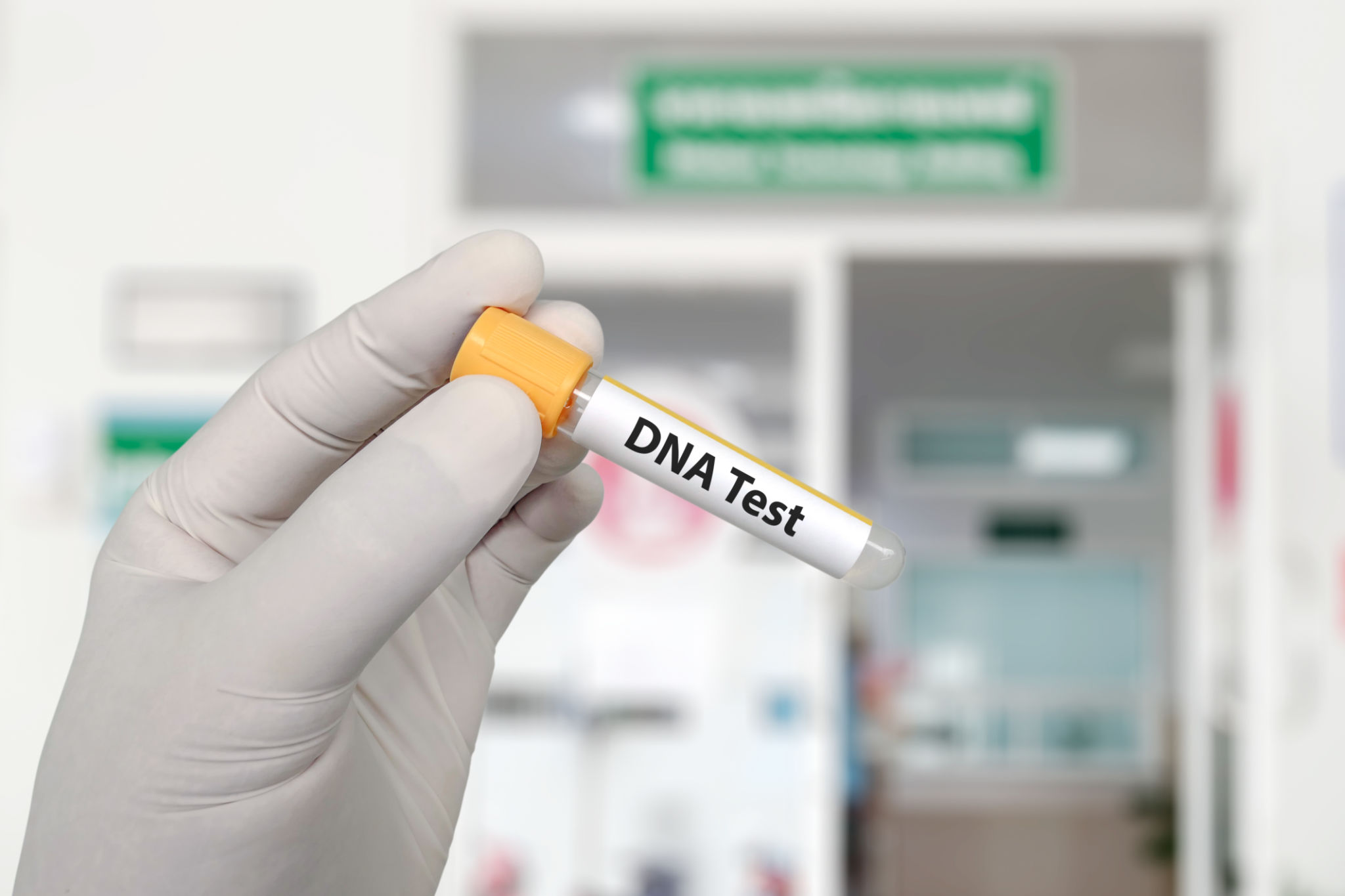How to Choose the Right DNA Test for Immigration Purposes
Understanding the Importance of DNA Testing for Immigration
DNA testing has become a crucial component in the immigration process, particularly when it comes to proving biological relationships. This scientific approach provides a reliable method of establishing family connections, which can be essential for visa applications and family reunifications. Given the significance of these tests in the immigration process, it's important to choose a DNA test that meets legal standards and provides accurate results.

Types of DNA Tests Available
When considering a DNA test for immigration purposes, it's important to understand the different types available. The most common tests are:
- Y-DNA Test: Used to trace paternal lineage and is effective for confirming relationships between males.
- mtDNA Test: This test traces maternal lineage and can confirm relationships through the female line.
- Autosomal DNA Test: Provides a comprehensive view of genetic relationships, useful for verifying close familial connections such as parent-child or sibling relationships.
Choosing the Right Test
Selecting the appropriate DNA test depends on the nature of the relationship you need to prove. For instance, if you're proving a mother-child relationship, an autosomal DNA test would be ideal. Conversely, for proving a paternal link, a Y-DNA test could be more appropriate. Each test type serves specific purposes, so understanding your needs will guide your decision-making process.

Accreditation and Legal Requirements
It's critical to ensure that the DNA testing company is accredited by relevant authorities. Accreditation ensures that the laboratory meets international standards for DNA testing, which is vital for the test results to be accepted by immigration authorities. In many countries, immigration officials require tests to be conducted by laboratories accredited by organizations such as AABB (American Association of Blood Banks) or ISO (International Organization for Standardization).
Understanding the Process
The process of DNA testing for immigration involves several steps. First, you will need to contact an accredited laboratory to collect DNA samples from all parties involved. These samples are usually collected using a simple cheek swab. Once collected, samples are sent to the laboratory for analysis, and results are typically available within a few weeks.

Privacy and Confidentiality
Another critical aspect to consider is the privacy and confidentiality policies of the DNA testing company. Ensure that the company has stringent measures in place to protect your personal and genetic information. Transparent privacy policies help maintain trust and ensure compliance with legal standards.
Cost Considerations
While choosing a DNA test, cost is an important factor to consider. Prices can vary widely based on the type of test and the laboratory's location. It's advisable to seek quotes from multiple providers while ensuring they meet all necessary accreditation and legal requirements. Remember, the cheapest option may not always provide reliable results, so prioritize quality and accreditation.
Conclusion: Making an Informed Decision
Choosing the right DNA test for immigration purposes involves careful consideration of several factors including the type of test, accreditation, legal requirements, privacy policies, and cost. By understanding these elements, you can make an informed decision that supports your immigration case effectively. Always consult with immigration professionals if you have any doubts or require specific guidance.